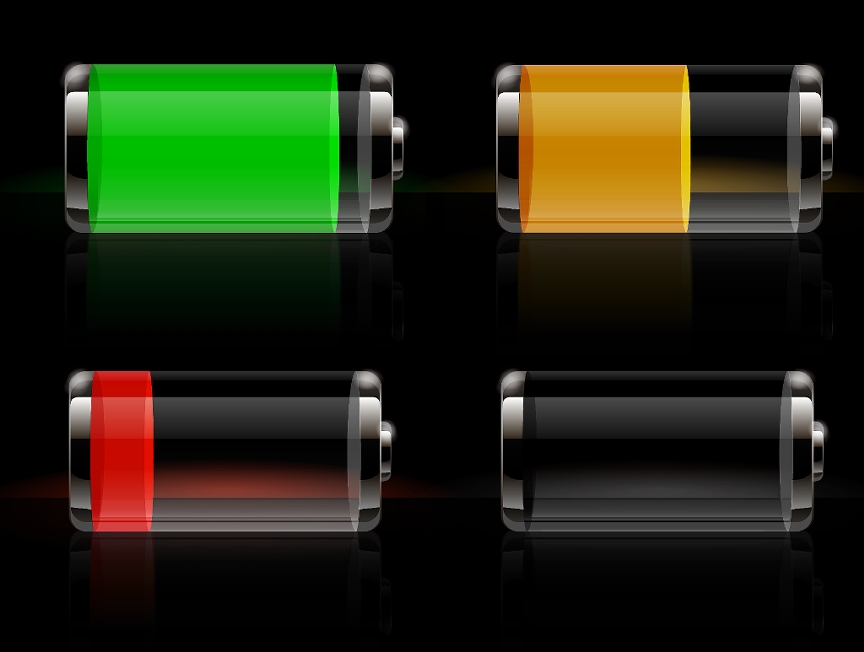In a recent survey by HR company ICEDR, 94% of millennial women said that one way to recruit and retain them is to provide meaningful work and inspire them with a sense of purpose. In order to facilitate that, companies need to place more emphasis on “end user” connection. In one such study, Dr. Adam Grant and colleagues worked with call center employees at the University of Michigan.
Call center employees had the fun task of cold calling alums to ask for money, but one of the groups in his study actually got to meet a scholarship recipient and talk to him first hand. The scholarship recipient talked about how much the scholarship had changed his life, and he thanked the folks in the call center for their hard work. Once the call center workers realized how their work had an impact, they became motivated to work harder; in fact, their weekly revenue increased 400% (Grant et al., 2007)!
That fits your strengths and interests.
How often do you get to do what you do best each day? When I was a lawyer, I often left the best of who I was at home and showed up to work acting how I thought a lawyer should act – tough and detached. Two of my strongest strengths are kindness and gratitude, so it’s no wonder that I often felt drained and inauthentic each day. Research shows that when people use their strengths consistently at work, they are happier, feel more confident, experience faster growth and development, and experience less stress.
Work less, accomplish more.
I know – you may not think this is even remotely possible where you work, but the research contradicts the managers who think face time and hours logged create sustainable success. Harvard Business School professor Leslie Perlow found that scheduling time off rather than working more hours actually increased organizational and personal productivity (Perlow, 2012). Additional studies show that for industrial workers, productivity dramatically decreases after eight hours a day. For knowledge workers, productivity drops after six hours (Alcorn, 2013). Simply put, more hours don’t automatically lead to more productivity; in fact, it’s usually the opposite.
Develop a “stress helps” mindset.
Your stress mindset is your belief about whether stress has enhancing or debilitating consequences. The type of mindset you adopt about stress – either a “stress helps” mindset or a “stress hurts” mindset – highly influences psychological, physiological and behavioral outcomes. While chronic stress is not good for your health, some stress can impact your health in positive ways and aid physical recovery and immunity. Research shows that those who adopted a “stress helps” mindset were more likely to seek out feedback and therefore grow as a result of experiencing stress and had more adaptive cortisol profiles under acute stress (Crum, Salovey, & Achor, 2013).
Put your own health first…so you can do more for others.
This is not new advice, but I have found that common sense doesn’t always translate into common practice. Too many high-achieving women I work with consistently leave themselves off of their own “to-do” lists. Researchers have discovered that four hours of sleep loss leads to the same level of impairment as a six-pack of beer!
I recently had an exchange with a colleague on Twitter. I mentioned the statistic about impairment after sleep loss, and he responded with pride about how he has conditioned himself to function on four hours of sleep or less each day. We need to change the conversation around self-care being a serious element of resilience and well-being, not the first thing cut in favor of adding more to our already too-busy schedules.
Want to know more? Download my free “Is It Stress or Is It Burnout” strategy guide here. You can also learn about our speaking and training programs here.
References
Alcorn, K. (2013). Maxed out: American moms on the brink. Berkely, CA: Seal Press.
Crum, A.J., Salovey, P., & Achor, S. (2013). Rethinking stress: The role of mindsets in determining the stress response. Journal of Personality and Social Psychology 104(4), 716-733.
Grant, A.M., et al. (2007). Impact and the art of motivation maintenance: The effects of contact with beneficiaries on persistence behavior. Organizational Behavior and Human Decision Processes, 103(1), 53-67. See also, How to Be a Positive Leader, Jane E. Dutton and Gretchen M. Spreitzer (Eds). San Francisco, CA: Berrett-Koehler Publishers, Inc.
Perlow, L.A. (2012). Sleeping with your smartphone: How to break the 24/7 habit and change the way you work. Harvard Business Press.
The statistics on sleep deprivation and impairment were taken from Tom Rath’s lecture at the International Positive Psychology Conference in Orlando, Florida on June 27, 2015. Tom’s latest book is called Are You Fully Charged?]]>







